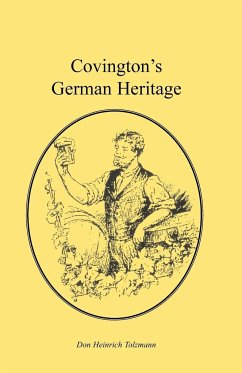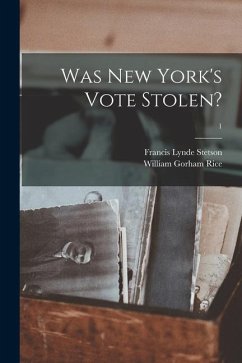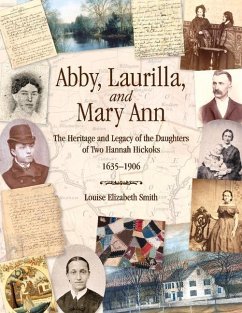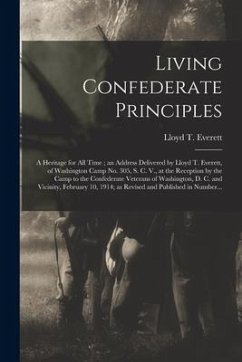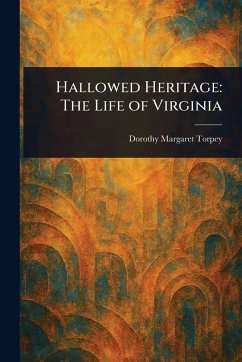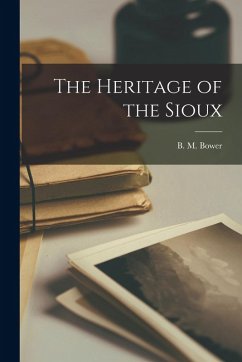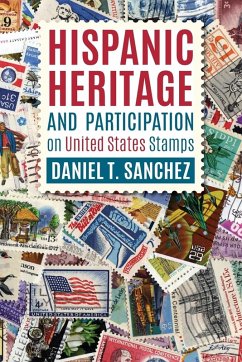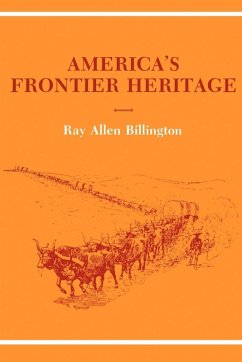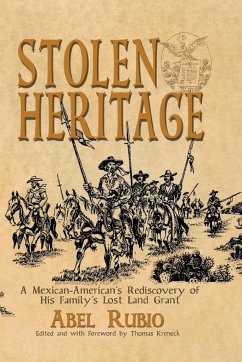
Stolen Heritage
A Mexican-American's Rediscovery of His Family's Lost Land Grant
Versandkostenfrei!
Versandfertig in 1-2 Wochen
21,99 €
inkl. MwSt.

PAYBACK Punkte
11 °P sammeln!
Murder, violence, and intimidation are the bitter grapes of the Becerra and de la Garza families, early day Spanish settlers who had been in Texas several generations when Stephen F. Austin and other American empresarios received land grants in the early 1820s and 19302. The author, a member of the family, tells of an emotional and successful odyssey to find the family’s lost land grant—their "stolen heritage." After a long search of state archives and county records, he discovered that his great-grandfather had been defrauded of land that today is in the middle of one of the largest ranch...
Murder, violence, and intimidation are the bitter grapes of the Becerra and de la Garza families, early day Spanish settlers who had been in Texas several generations when Stephen F. Austin and other American empresarios received land grants in the early 1820s and 19302. The author, a member of the family, tells of an emotional and successful odyssey to find the family’s lost land grant—their "stolen heritage." After a long search of state archives and county records, he discovered that his great-grandfather had been defrauded of land that today is in the middle of one of the largest ranches in South Texas. His account of the family’s attempt to recover what they consider their landed heritage is charged with emotion, family feuds, and a lawsuit. This book has been called one of the best-researched books on South Texas, the history of the land and the clash of the two cultures that settled South Texas.



